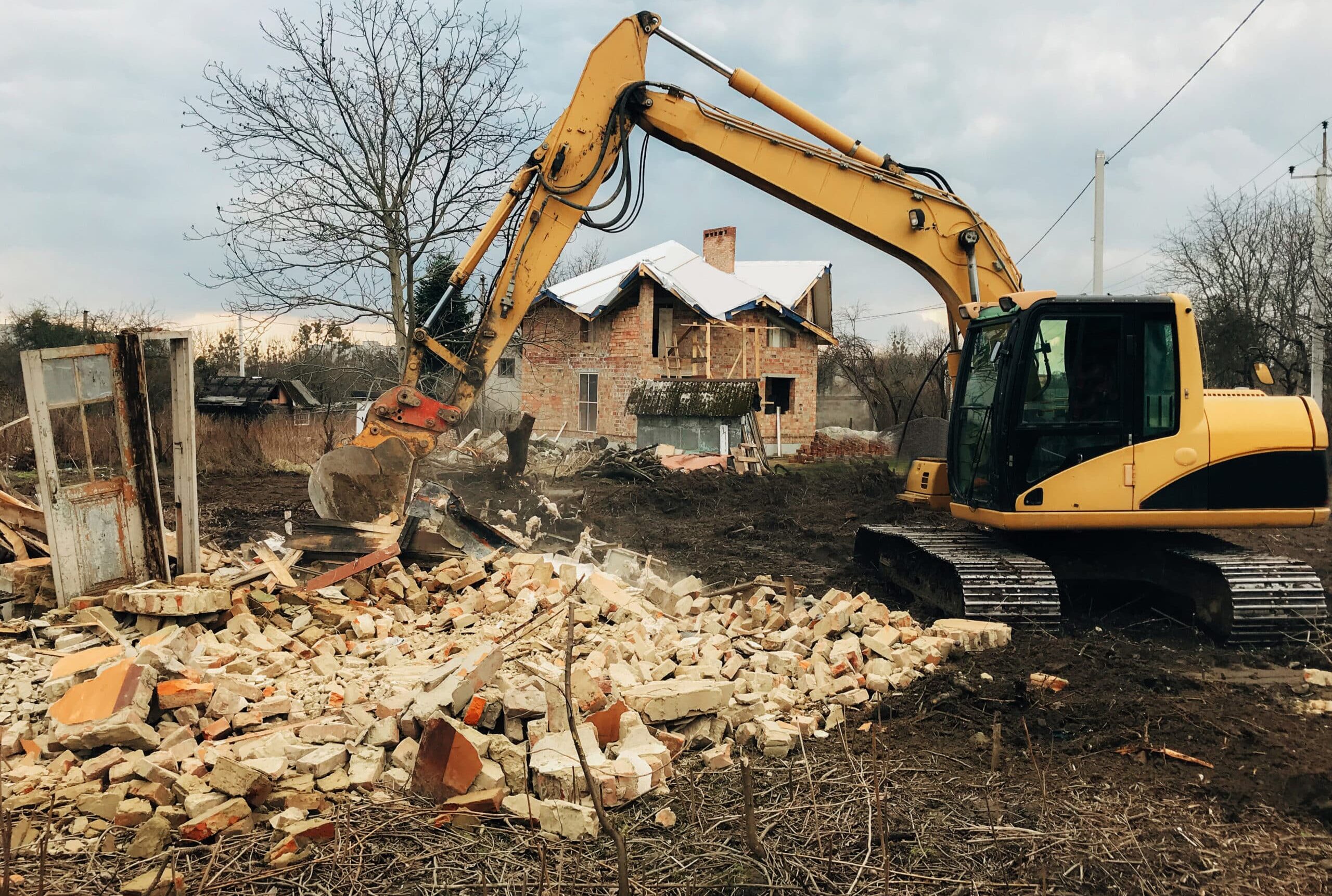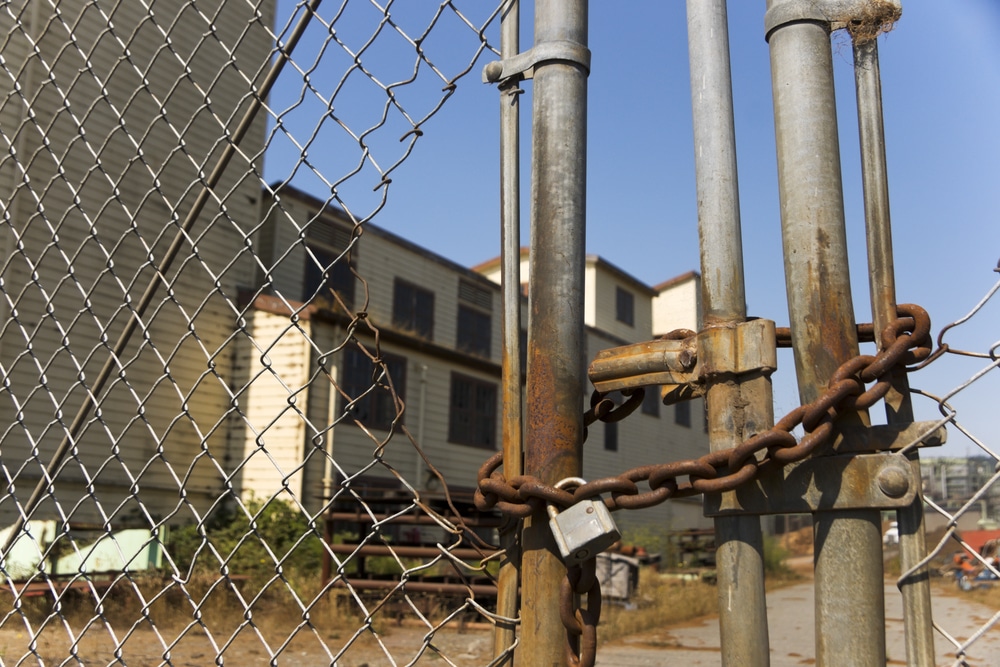Latest Articles

The Intersection of DOT Regulations and Eminent Domain: Navigating Legal Challenges
Jun 12, 2024
How Are DOT Regulations and Eminent Domain Cases Linked?
Each state's Department of Transportation ...

What Legal Defenses Are Available Against Condemnation for Public Use?
May 03, 2024
Can You Defend Yourself Against a Government Agency Attempting to Take Your Property For a Public Us...

Can You Negotiate Better Terms Once Your Property Is Targeted for Eminent Domain?
Apr 20, 2024
What Should You Do if Your Property Has Been Targeted For Eminent Domain?
The legal concept of emin...

Eminent Domain Abuse: Recognizing and Responding to Government Overreach
Sep 30, 2023
The power of a government entity to take privately owned land for public use or benefit has always g...

Fair Compensation in Condemnation: Determining Market Value and Losses
Sep 29, 2023
When a government entity takes property through eminent domain, the property owner is entitled to re...

Condemnation and Historical Preservation: Safeguarding Cultural Heritage
Sep 28, 2023
When it comes to historical buildings and culturally significant sites, the use of eminent domain ca...

What Does “Highest and Best Use” Mean?
Sep 27, 2023
The concept of "highest and best use" plays a significant role in determining the amount of money th...

What Does “Damage to the Remainder” Mean?
Sep 26, 2023
Imagine you own a beautiful home in the countryside. Your property is quiet and isolated from the hu...

What Properties Are Exempt from Eminent Domain?
Sep 25, 2023
Eminent domain is an essential tool used by governments to acquire property for the benefit of the p...


